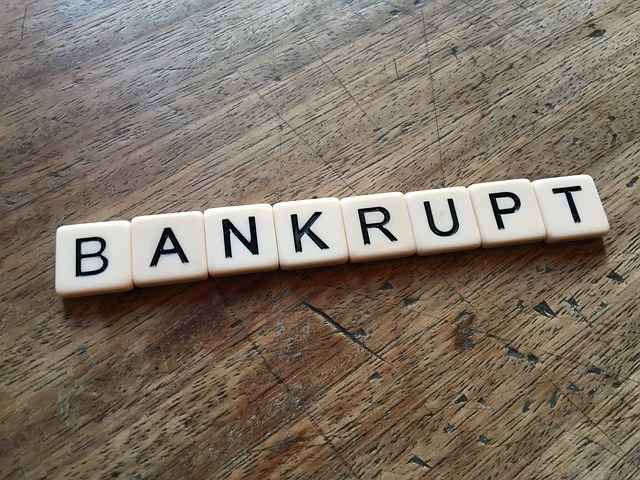Why Do Businesses Fail?

The rate of businesses failing is astonishing. Many people assume that it is easy to open and run a business. But, depending on the statistics you read, between 20% and 78.5% of all small businesses will fail in their first year. By the end of the fifth year, up to 95% of the companies which started will no longer exist.
But why do businesses fail? What are the common reasons behind so many ideas not succeeding? Here are some answers and how to avoid your newly incorporated business from falling into the same traps.
Too Little Cash
One of the biggest issues is with too little cash. While most CEOs and business leaders focus on profit, cash is one of the more important features. Your business can make a loss, but if you don’t have cash, you can’t operate. So it's important to always have cash in your business.
And cash can allow you to access other reserves. Business loans and funding centers are more likely to provide you with additional resources, should you have a reserve. But if you have nothing in reserve, they might assume you have little business acumen.
No Knowledge of the Market
Another consideration often forgotten is current market conditions. You might be a skilled decorator, looking to start your own painting LLC. However, if there is an economic downturn and there are already a dozen other decorators in the area. The market is saturated. These conditions are tough to break a new company into.
Therefore, you find it hard to find new customers and you falter. It is simple.
To avoid this, it is best to find gaps in the market and where a demand is not being met. It might be that you are a decorator who can do something unique. Or it could be that some decorators have recently relocated or retired.
Poor Business Plan
A business plan is the basic document to demonstrate how you’re going to run your business. It talks about the customers, pricing plan, suppliers, and other aspects that form vital instructions. Ideally, anyone who reads the business plan should be able to understand your business and technically run it.
However, there are numerous problems. Business plans are not always utilized effectively. As a result, they tend to result in poor business performance. If you’re in doubt, speak to a business plan expert or a business services company who can help you formulate the business better.
Poor Positioning
Any business needs to ensure that they have the right positioning. In today’s modern world, this can be very challenging because there isn’t just foot traffic, but also online positioning. You need to be found on search engines. Otherwise, online sales will be non-existent.
You need to invest in both options. You might need to place your store in a position with lots of foot traffic. Or you might need to hire SEO experts to help you build a credible website with inbound links, authority, and high rankings.
SEO can be expensive, and it takes a long time. You could be still building an online presence for two or three years. And if you don’t have the financing to back you up during this time, you could lose the business.
Remaining Rigid
One of the biggest issues is that you sometimes stick too rigidly to a plan of action, even when there is evidence that the situation has changed. Being more flexible allows you to completely adjust to environmental changes and opportunities that arise.
However, being more flexible also means that you have to plan. You should try thinking of several contingencies you might want to use should certain things happen.
Expanding Too Fast
Expansion can be very risky. When you expand you often have to take on new staff, lease or buy bigger facilities, and buy in more supplies that can drain financial resources. If you do this before you are financially ready, what can happen is that your financial resources are gone before the returns are made and you lose your offices, staff, and then customers.
Wise Acre Frozen Treats was one such example. Started in 2006, the organic popsicles won numerous awards. He started his business in a schoolhouse kitchen. Within eighteen months he had hired an employee and within 24 months he had moved to a new manufacturing facility with a staff of 13 employees. However, another 12 months later, the company had failed. His mistake had been simple: making the investments before he had the capital or revenue to secure the growth.
Final Word: Why Do Businesses Fail?
There are numerous reasons why businesses fail, most fail because they run out of cash, but there are numerous reasons that could affect the performance of the business. That doesn’t mean that the business leader is lacking skills, but there might be something they’re missing from their business preparation.

0 comments
Leave a comment
Please log in or register to post a comment